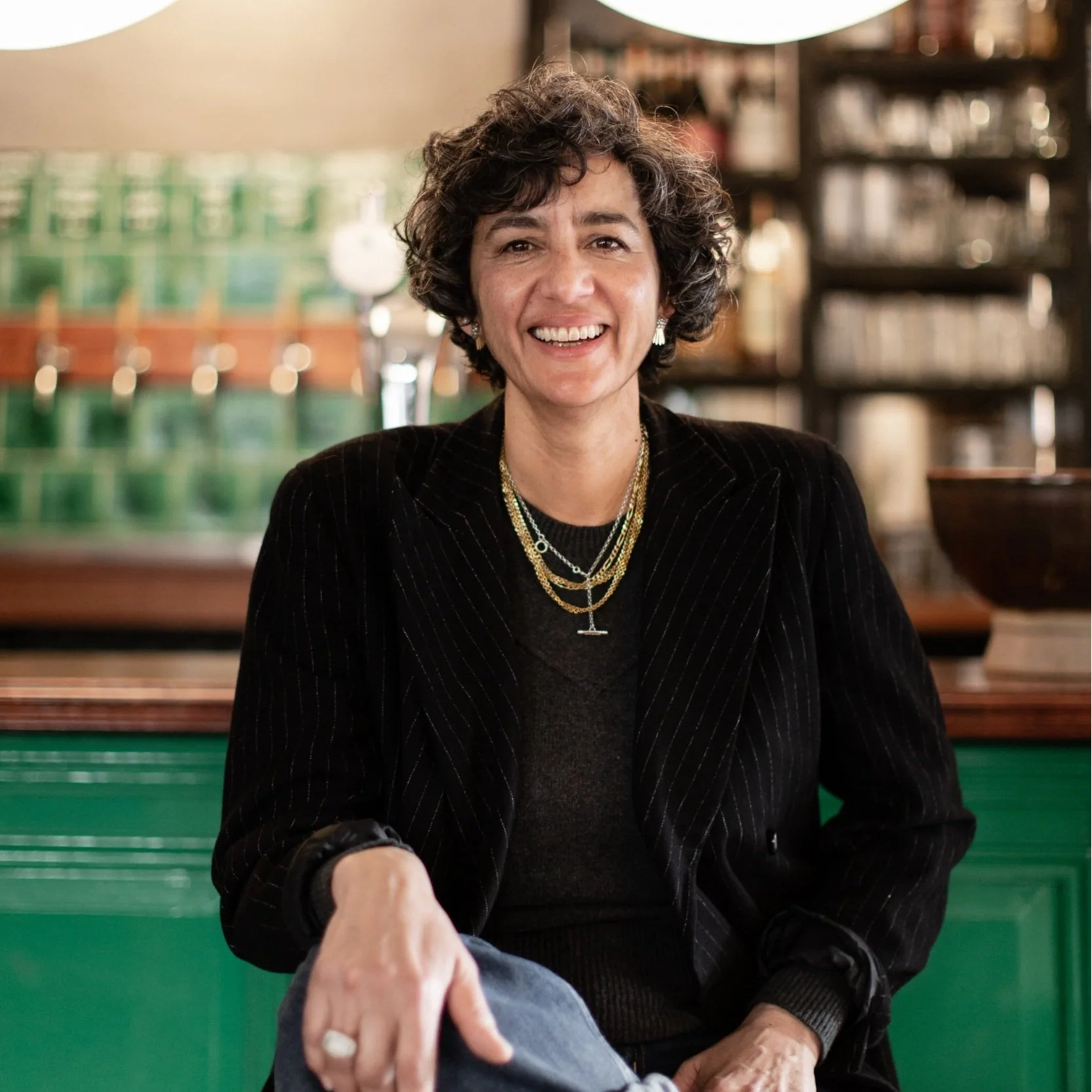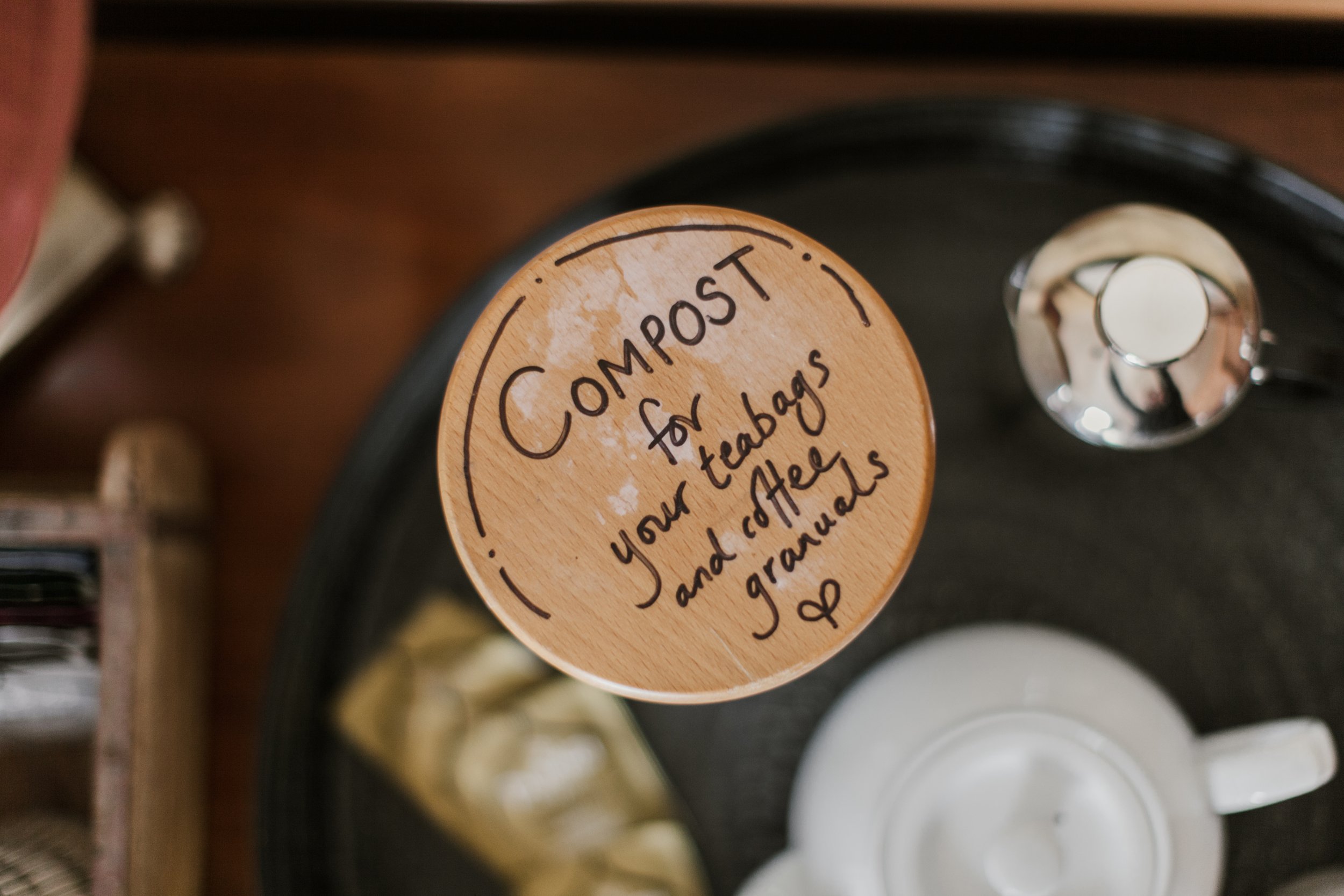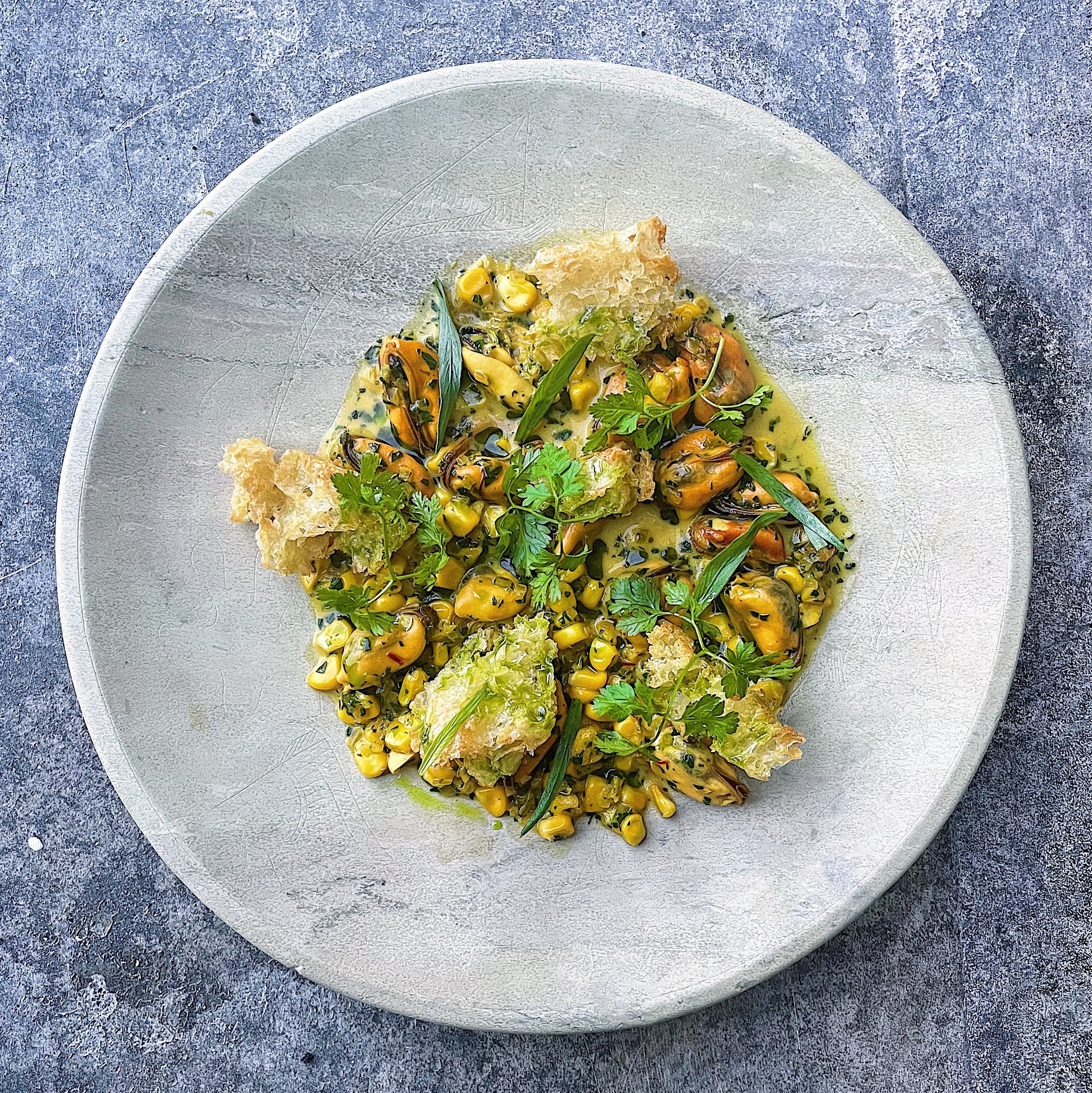Back in 1998, Geetie founded the first certified organic pub in the world, The Duke of Cambridge.
In 2009 she was awarded an MBE for services to The Organic Pub Trade.
Now, she is running her 4th organic, ethical pub with rooms, The Bull Inn Totnes . We met her at the Bull to ask her about building great relationships with local suppliers, challenging supplier packaging, how using solely organic ingredients can be financially viable and how she runs a business that is good for both planet and people.
GEETIE SINGH-WATSON MBE
how to establish great relationships with local vegetable farmers
“The important lesson for chefs and farmers is to realise that a direct supply can work!”
1. start by searching for small growers in your area.
Going to your local farmers markets is one good way of finding them!
2. ask them if they would be up for supplying some of their produce to your restaurant.
Expect them to be hesitant/resistant initially. Selling to your restaurant at lower trade prices compared to the public, is unlikely to be that desirable.
3. put effort and resources into the farmer.
Talk to them about how they work . Organic is great but supporting any local farmers with good practices is generally better than going to a wholesaler. Show them commitment and offer to go to the market at the end of the day every week and sweep up whatever produce they have left ensuring they sell out . Overtime, this will build trust.
4. build and market the story.
Put time into building the story of your restaurant’s relationship with your growers and marketing it. Your customer needs to know why/how the ingredients you are using on your menus are different. This of course requires good briefing and training of staff to effectively communicate your story.
5. reap the benefits.
Now you’ve established a relationship, the farmer will likely repay your loyalty by delivering to your restaurant weekly. They might even grow specific interesting crops for you with the guarantee you will buy the harvest.
Be prepared to be flexible and to follow up. The weather is not set, so don’t expect seasonal crops to be either.
We all know organic ingredients cost more. Geetie estimates organic veg costs ~5% more, meat costs ~10% more and dry store ingredients cost as much as 50% more.
So how do The Bull manage to keep their menu prices and portion sizes reasonable?
You need to be tight and efficient and know the cost of everything:
Have a flexible menu. This enables you to adapt your dishes depending on the local seasonal produce supply and re purpose your mise en place.
Employ skilled chefs. Staff who are able to execute the above and make the most of the produce you’ve bought in are vital.
Waste nothing. Careful menu planning can really help with this. Also, browse through our waste-reducing recipes!
Get your whole team on board with eco behaviour. One way to engage them is by organising a team visit to your farmer to experience their organic/agroecological practices. It’s hard to get people to shift their habits, but if you consistently drive home the WHY, they will come round. Good staff retention comes when staff have a strong purpose and it is clear what they are contributing to.
ORGANIC INGREDIENTS CAN BE FINANCIALLY VIABLE
CHALLENGE YOUR SUPPLIERS
‘Who we trade with has an enormous impact, any small positive steps you can take can really contribute to society and the environment and ultimately change the world. We do, however, need government legislation on businesses, holding them to account, because some challenges are not within the individual’s power to tackle’
PACKAGING
Pressurise your suppliers and QUESTION why ingredients have come wrapped in plastic. Tell them that you will simply stop ordering from them if they cannot ditch the packaging or change to some that can be reused by either you, the restaurant, or they, the supplier. Help them source packaging that works for you if necessary.
Be prepared to completely switch your supplier if they aren’t prepared to co-operate.
traceability
Can e.g. your fish supplier give you the exact names of the day boat the fish were caught on, and the method used to catch?
We all need to engage in Conscious Compromises
It’s unnatural, but people need to scrutinise and analyse every aspect of their business. We need to gather all the available facts and think hard about every action we take, in order to make informed decisions that are best for the planet and the local community. Often, compromises have to be made, but at least they are considered, conscious ones, that are true to your business’ values.
Examples:
The vegetable cooking oil The Bull uses is not organic because the cost is too high, but the supplier they use is non-GM, takes away and re-uses their packaging, and turns their waste oil into biodiesel, so they are doing lots of good things.
The stainless steel storage containers they use at The Bull were more expensive than the usual plastic tubs but they believe the investment in this equipment is worthwhile because it will be very long lasting. ‘Buy well once’.
The handmade jugs made by a local potter on the table were probably not the most energy efficient option compared to commercially made, but buying them is employing local people and supporting local craft which is a trade off they are happy to make.
One ingredient everyone should be putting on their menus
Chefs have a profound impact in shaping food trends. However when a particular ingredient, like a type of fish, gains widespread popularity, it poses a danger, potentially shifting from abundant supply to near depletion. So we must be hyper aware of this issue and consider it carefully.
The one ingredient we should all have on our menus way more of the time are farmed mussels. Mussels are ecosystem engineers - they create habitat and can increase biodiversity in over fished, degraded areas.













